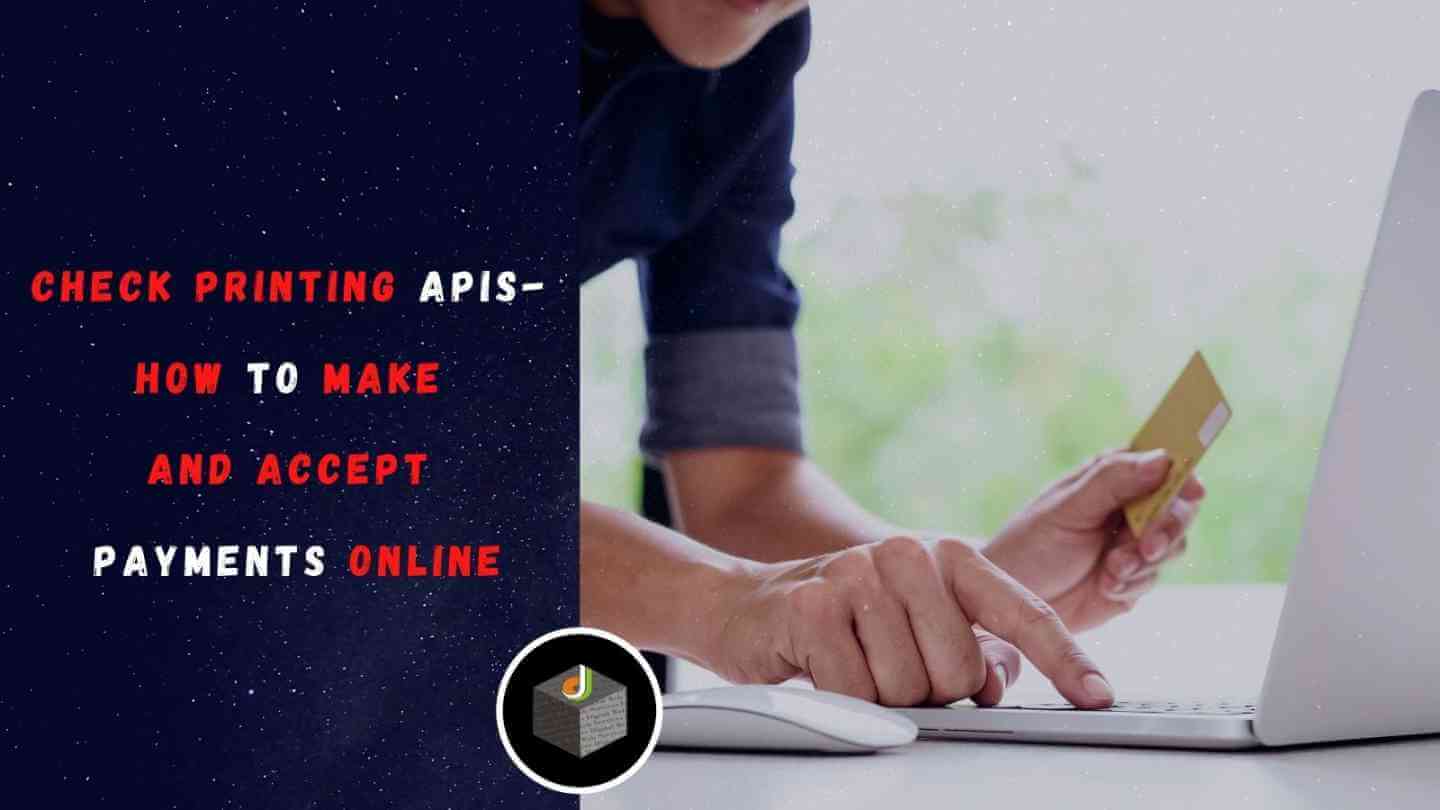
As the digital world continues to grow and develop, so does the demand for new and more efficient ways of doing business. Fintech is a relatively new term for a concept that has been around for decades: financial technology. It refers to any technology used in the financial services industry, including software and hardware systems designed to automate operations or make them more efficient.
Fintechs are not only changing how we interact with banks, but they’re also changing how banks interact with each other. Application programming interfaces APIs allow different companies to share data securely and easily across multiple platforms. Have you ever wondered what an API is? Or what it does do? Do you have a general sense of the term, but no clue how it works in practical terms? Don’t worry; we’ve got you covered.
What is a Payment API?
Simply put, a payment API is a way for an app to communicate and interact with a bank or credit card company, allowing users to receive payments, send payments to other people, and access their account info and information about their transactions. Check printing APIs allow fortune 500 companies to automate their accounts payable and payroll processes.
The first thing to know about APIs is that they’re nothing new. They’ve been around for a long time, so long that it’s almost impossible to imagine life without them. For example, if your job involves using software—and there’s a good chance it does—then chances are pretty strong that APIs play a role in your day-to-day work.
Types of APIs
There are numerous payment APIs. In this section, we’ll go over a few different types of payment APIs.
1. Cash on Delivery
This is the most famous form of payment. It is easy, convenient, and safe. You do not have to worry about having an online payment method or e-wallet. Additionally, cash on delivery makes it easier for you to control your spending because you can decide to cancel a purchase if you change your mind after making an order. On the downside, it has higher costs due to the logistics and risks involved in handling cash payments.
Pros
- It’s the most convenient payment option
- Customers can see and touch the product before they pay for it.
- Eliminates the risk of credit card fraud
- No interest is charged on COD payments.
- Customers can see and touch the product before they pay for it.
Cons
- Businesses need to have staff available to handle COD payments, which can be costly.
- Customers may not be able to afford the product if they have to pay for it in cash immediately.
2. Wire Transfer
Wire transfers are bank-to-bank electronic transactions. The sender initiates the transaction via an online platform, and the money is transferred from the sender’s account to the receiver’s account. Funds will be transferred immediately, so the sender must verify that their payment details are correct before initiating the transaction.
Pros
- Wire transfer is secure and convenient.
- Transactions are fast.
- Convenient for international transactions
Cons
- It can be expensive depending on the bank and the destination country.
- The transaction may be difficult to track.
3. Card Payment
A credit card is a form of payment. It allows you to borrow money from your provider, which you pay off later with interest. With a debit card, the payment amount is taken directly from your bank account.
Pre-paid cards are similar to debit cards in that they draw their funds from the balance on the card. Unlike debit cards, however, pre-paid cards can be reloaded if the balance runs out.
Card payments can be divided into two classes: contact and non-contact. Contact means that the device must come into physical contact with a reader to make transactions, while non-contact refers to devices that use wireless technology to complete payments without physically connecting to a reader.
Pros
- Cards are accepted almost everywhere.
- It is a convenient form of payment.
- Credit and debit cards offer quality security features
- 24/7 fraud monitoring.
- Credit and debit card transactions can be easily tracked.
Cons
- Most credit and debit cards come with a variety of fees.
- Credit and debit cards are prime targets for fraudsters.
4. Billing for a Later Date
The API you use will depend on what your business needs. There are some that work best for start-ups, others for large enterprises. You could even get a developer to help you create your customized payment gateway for your business.
Pros
- Lower interest rate on the loans.
- Spread the cost of your loan over a longer period of time
- It can be more difficult for businesses to track their cash flow.
- Less likely to qualify for a loan if you have a poor credit score.
Cons
- Purchase the product or service now and pay for it later.
Key Security Considerations When Using a Payment API
As a business owner, you’re already aware of the importance of keeping your customers’ financial information safe. Implementing a payment API into your business is one way to meet that challenge. When it comes to choosing which payment API partner to work with, consider:
1. Ease of Use: An excellent payment API should be easy to use and integrate. It should also be versatile to power various transactions like card-based payments, mobile payments, e-commerce transactions, and other forms of digital payments.
2. Scalability: Payment APIs that are scalable and handle huge volumes of transactions without any hassle should be priority picks. This is because they can work with various payment gateways, locally and globally. More so, payment methods are available in various.
3. Security: Payments processing platforms (PAP) are designed to ensure that no unauthorized person can access your data and misuse it for theirs. You should opt for payment platforms that do not require two-factor verifications to lock your money away from fraudsters.
4. The Reputation and Experience of the Vendor.
5. Responsive Customer Support.
6. Fees and Pricing structure.
Why Should I Care About Payment APIs?
Well, the answer is simple: because they’re essential to the future of your business.
Payment APIs are a crucial part of any modern business infrastructure. They allow you to accept payments from customers easily and securely, and that’s not all! They can also help you collect valuable data about your customers and their purchasing habits so that you can make smarter business decisions moving forward.
Digital Web Services (DWS) is a leading IT company specializing in Software Development, Web Application Development, Website Designing, and Digital Marketing. Here are providing all kinds of services and solutions for the digital transformation of any business and website.










